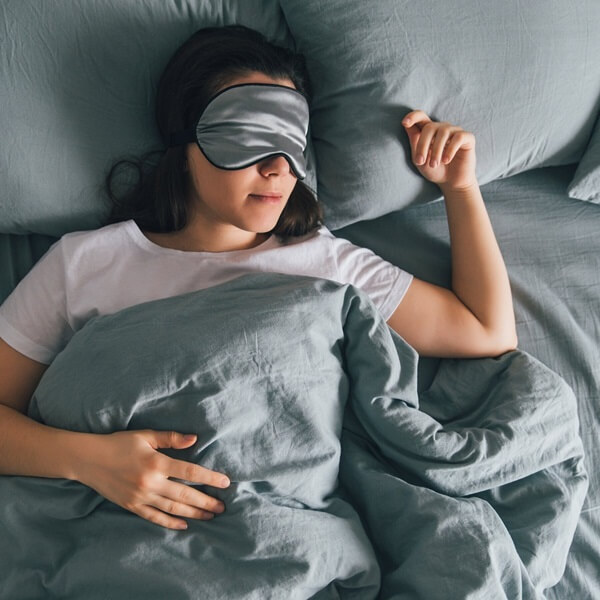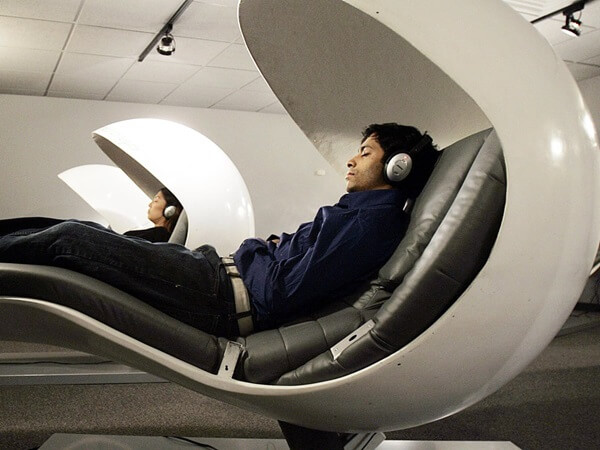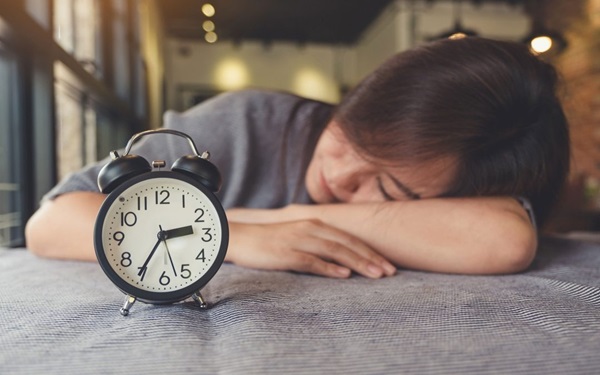In our fast-paced world, people are encouraged to work longer hours, push through fatigue, and sacrifice sleep in pursuit of their goals. However, working harder or longer hours does not boost productivity. Working for long hours may decrease your energy or productivity. To restore your energy, take short breaks throughout the day, particularly in the form of power naps.
Today, in this article, we will talk about the benefits of power naps to improve productivity and overall well-being.
What is Power Nap?
A power nap is a brief period of sleep, usually lasting between 10 to 30 minutes, taken during the day to improve alertness, productivity, and overall well-being. Longer naps or full-length sleep cycles may make you groggy or interfere with nighttime sleep. However, power naps can offer a quick energy boost without entering into deep sleep stages.

Performing some activities for a long time may lead to a decrease in our energy levels which makes it challenging to concentrate and stay focused on tasks. This dip in alertness is partly due to a natural increase in the production of the sleep-inducing hormone melatonin, as well as fluctuations in core body temperature. However, a short nap during this time can help reduce the effects of the afternoon slump and restore cognitive function.
Likewise, power naps are also essential to lower stress levels and reduce the risk of heart disease, demonstrating their profound impact on overall health.
What are the benefits of Power Naps?
If you have a bad night’s sleep, daytime short naps might help you to restore energy and make you active. Similarly, it is also favorable for those who aren’t sleep-deprived as it helps to clear your mind and feel refreshed when you return to work.
Here are the benefits of power napping and why it’s an essential tool for anyone looking to maximize their performance.
-
Enhanced Cognitive Function
A power nap can enhance cognitive function. Some studies have demonstrated that short naps can improve memory, attention, and problem-solving skills. You can work more efficiently after taking a short nap as it helps to improve mental clarity and focus, making you more productive.
-
Improved Mood and Stress Reduction
Power napping is also essential to improve mood and stress reduction. Taking a short rest as a power nap helps to mitigate the feelings of stress and anxiety, leaving you feeling more refreshed and rejuvenated. Likewise, it also helps to
Moreover, Research has shown that taking a nap can enhance emotional regulation, thereby helping to maintain a positive outlook in challenging situations.

-
Increased Alertness and Vigilance
Taking short naps as short as 10-20 minutes can increase alertness and vigilance. You can boost your energy level and stay sharp throughout the day by giving proper rest to your brain with a power nap. Just a quick power nap can help to improve your overall performance and productivity.
-
Enhanced Creativity and Problem-solving Skills
If you find it challenging to generate new ideas or solve a difficult problem, taking a power nap might be the solution you need. Studies have shown that napping can boost creativity and problem-solving abilities.

During Rapid Eye Movement (REM) sleep, the brain consolidates memories and forms new connections, which can result in renewed creativity and insights after a short nap.
-
Physical Benefits
Power napping also provides physical benefits. Taking a short nap can help reduce fatigue and muscle tension which tends to improve physical comfort and well-being.
Napping has been linked to lower blood pressure and reduced risk of heart disease, emphasizing the importance of incorporating rest into daily routine.
Tips for Power Napping
Power napping has been a simple and effective way to recharge your batteries and boost your productivity. Power naps help to restore your energy whether you’re feeling sluggish in the middle of the day or need a mental pick-me-up before tackling a big project.
Here are some tips you may follow to take a power nap effectively so you can reap the full benefits of this rejuvenating practice.
-
Find the Right Time
Finding the right time is key when it comes to taking a power nap. Most of the people usually experience a natural dip in energy levels during the mid-afternoon slump, between 1 p.m. and 3 p.m. Take a power nap during that time without interfering with your nighttime sleep.

-
Create a Relaxing Environment
For a better experience of a power nap, choose a quiet, dark, and comfortable environment. Similarly, find a cool room with minimal noise and distractions. You can use stuff like sleep masks or earplugs that help to block out light and sound and promote relaxation.
-
Set a Timer
Setting a timer helps you to avoid oversleeping and feeling groggy afterward. Set a time for 10-20 minutes to receive the benefits of sleep without entering deep sleep stages. If you ever have not taken a power nap and do not have any idea how long to nap for, You may begin with taking a short duration and gradually increase it as you become more comfortable.

-
Get Comfortable
After selecting your nap spot, try to make yourself comfortable and find a position that feels relaxing for you. You may sleep lying down on a bed, reclining in a chair, or even resting your head on your desk or whatever position that makes you comfortable and supported.
-
Nap Mindfully
As you drift off to sleep, focus on your breath or a calming image to help quiet your worries or thoughts and promote relaxation. Try to sink into a state of restful sleep, knowing that you are going to restore the energy by giving your body and mind the opportunity to recharge.
Frequently Asked Question
How long should a power nap be?
Power nap should ideally last between 10 to 20 minutes to avoid entering deep sleep stages, which can leave you feeling groggy and disoriented.
How can I create the ideal environment for a power nap?
To create the ideal environment for a power nap, choose a quiet, dark, and comfortable space free from distractions.
How can power naps boost productivity?
Power naps can boost productivity by enhancing cognitive function, improving mood, and increasing alertness and vigilance.
You may also like to read: The Connection Between Sleep and Depression: 5 Effective Tips to Unlock Quality Sleep While Managing Depression
